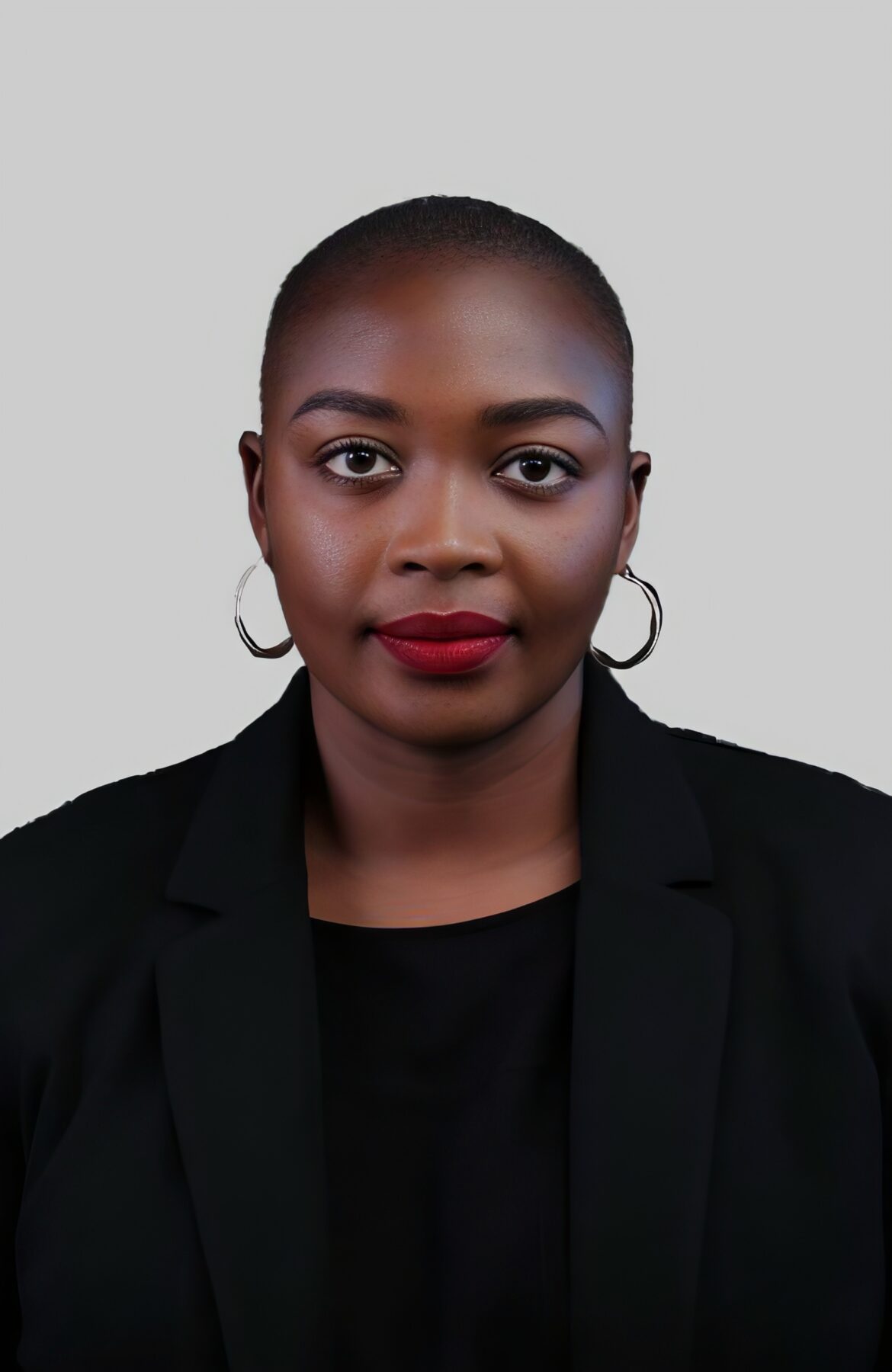Ojoma Ochai is guiding CcHUB towards a more integrated, impact-driven innovation ecosystem across Africa.
Ojoma Ochai has spent much of her career working to foster technology and social development in top global brands. As the Managing Director of Co-creation Hub (CcHUB), one of Africa’s most recognised technology and social innovation centres, she now leads an organisation attempting to strengthen the continent’s digital ecosystem through research, experimentation, and support for early-stage ventures.
Ochai’s professional background spans nearly two decades, encompassing cultural policy, creative economy development and international collaboration. She has held notable roles with the British Council, where she worked extensively on creative economy programming. She has been involved in initiatives with organisations such as the Swedish Arts Council and UNESCO. This combination of cultural sector experience and interest in technology positioned her for work that sits between the creative industries and digital innovation.
Her entry into CcHUB came through co-founding and leading the organisation’s Creative Economy Practice. In that role, she focused on research, capacity-building, and improving investment readiness for creative and digital entrepreneurs. Her work contributed to shaping the hub’s approach to supporting creative sectors at a time when African digital content, design, and cultural production were gaining increased attention.
In 2023, Ochai was appointed Managing Director of CcHUB. The appointment marked a shift towards more integrated programming across technology, creativity, and social innovation, aiming to respond to the evolving needs of Africa’s startup and innovation landscape.
Co-creation Hub and Ochei’s leadership
Established in Yaba, Lagos, in 2010 (with its physical space opening in 2011), Co-creation Hub (CcHub) operates as a technology innovation centre, incubator, and collaborative space. Its model brings together government institutions, technologists, civil society, researchers, and entrepreneurs to test and scale solutions to social challenges. CcHUB has supported ideas and startups in sectors including education, health, governance, and environmental sustainability.
The hub is known for backing ventures such as Lifebank, BudgIT and Wecyclers, and for running programmes that provide funding, technical support, and research insights. Over the years, it has also expanded beyond Nigeria, opening additional hubs in Kenya and Rwanda.
Since taking on the role of Managing Director, Ojoma Ochai has overseen programmes aimed at strengthening both the depth and reach of CcHUB’s work. One of the most prominent initiatives under her leadership is the Mastercard Foundation EdTech Fellowship, which provides participating education-technology startups with non-equity grants of up to $100,000, alongside mentorship and post-acceleration support. According to CcHUB’s publicly available reports, the fellowship has reached more than 676,000 learners in Nigeria through its supported ventures.
Her leadership has also emphasised deep-tech applications (including artificial intelligence, data science, the Internet of Things and virtual reality) to explore how these technologies might address persistent challenges in education, healthcare, financial inclusion, and public services. While the potential for impact is significant, scaling deep-tech within Africa’s infrastructure and funding environment remains a complex task, requiring long-term investment and policy alignment.
Ochai has continued CcHUB’s strategy of engaging local and international partners, but she has also highlighted the need for sustainability in innovation ecosystems. This involves balancing grant funding with investment mechanisms such as Growth Capital by CcHUB, which targets startups working on technology-driven solutions. Maintaining this balance is an ongoing challenge for many hubs operating in emerging markets.
Strengthening community and ecosystem development
Community engagement remains a core part of CcHUB’s identity. Under Ochai’s leadership, activities such as hackathons, research sprints, open living labs and training programmes have continued to reinforce Yaba’s status as a technology cluster. The hub’s presence across multiple African cities also contributes to broader conversations around policy, innovation governance, and cross-border collaboration.
These efforts, while significant, take place within an environment where startups face regulatory hurdles, inconsistent broadband infrastructure, and competition for investment. Addressing such realities is part of the organisational challenge that Ochai and her team must navigate moving forward.
Her tenure represents a phase of consolidation and strategic expansion for CcHUB. Her background in the creative economy and cultural policy provides a distinctive perspective within Africa’s tech ecosystem, especially in integrating creative and social-impact approaches with technology-driven solutions.
As CcHUB continues to support startups and pilot new initiatives, its future impact would depend on how effectively it can combine innovation with sustainability, deepen regional collaboration, and adapt to the shifting dynamics of Africa’s digital economy. Under Ochai’s guidance, the hub remains a significant player in shaping these developments.



